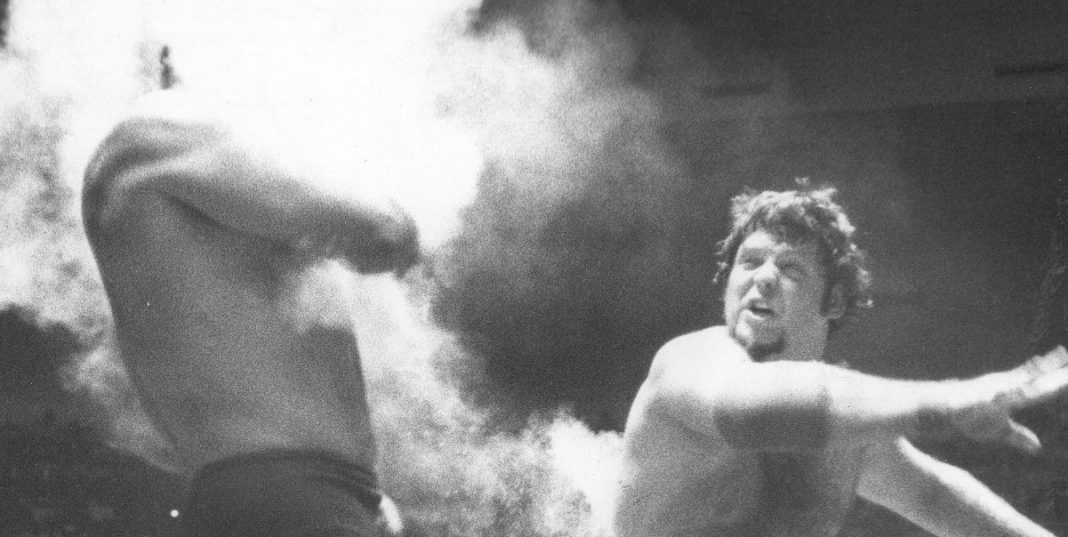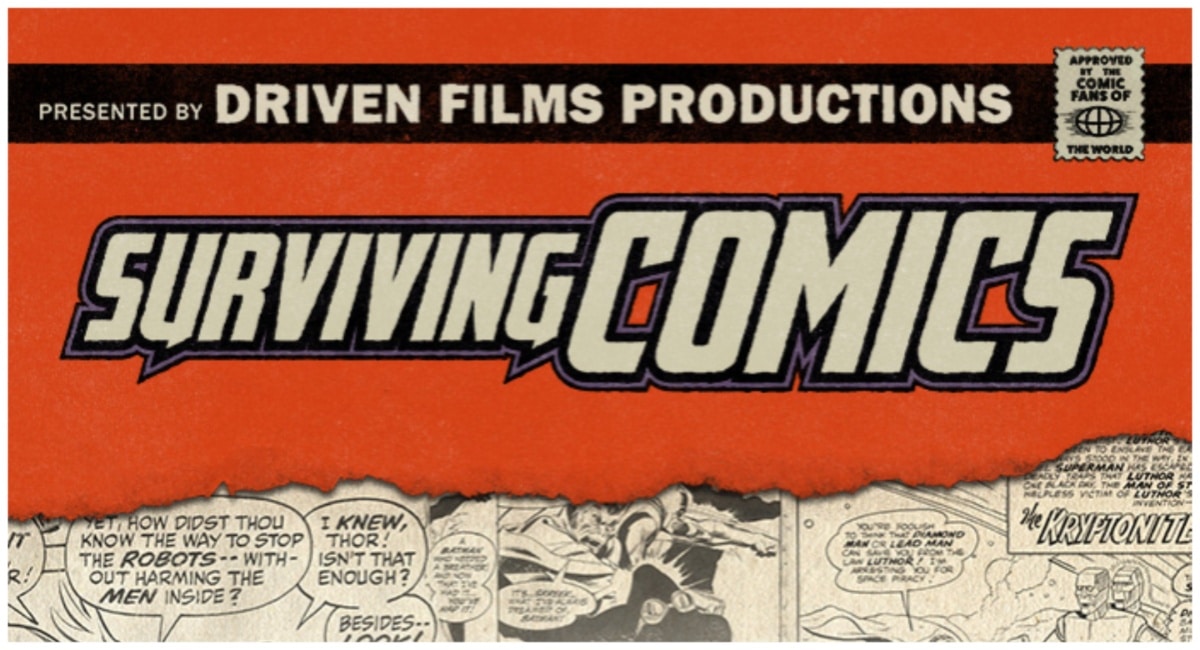Wrestling down in Memphis had a particular flavor, a sound even, that’s easy to equate with that of classic Rock and Roll. It was loud, game-changing, unapologetically bombastic, and nothing short of extravagant. It also possessed some of the most dedicated and electrifying crowds in sports entertainment history.
Trying to contain all this burning energy into one documentary seems an impossible task, but Chad Schaffler’s documentary Memphis Heat: The True Story of Memphis Wrasslin’ manages to achieve just that.
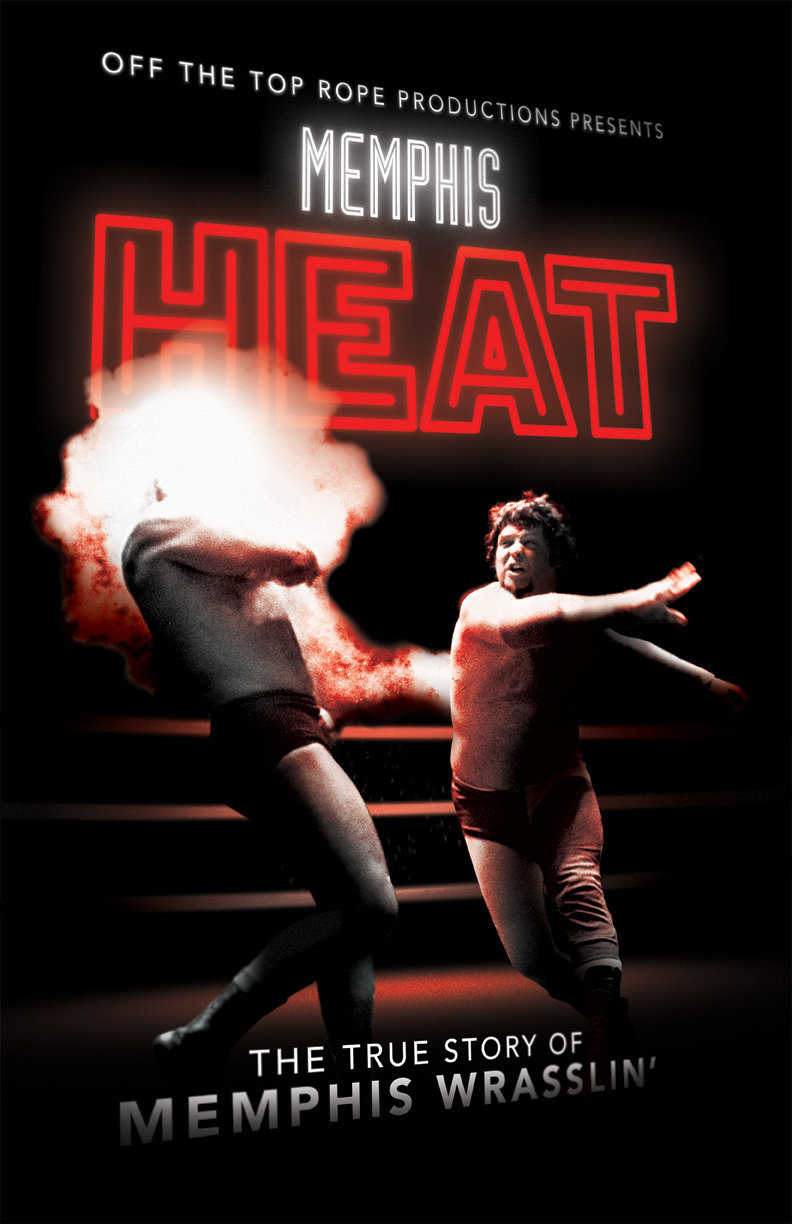
Memphis Heat, based on the book Sputnik, Masked Men, & Midgets: The Early Days of Memphis Wrestling by Ron Hall, traces the ambitious and highly successful journey of Memphis wrestling and the Continental Wrestling Association, which was run by promoter Jerry Jarrett (father of wrestler Jeff Jarrett). It’s told through a series of interviews with the legends that shaped the region.
The story begins with the carnival origins of the sport and then transitions into the early days of the Mid-Southern region’s wrestling scene, making an important early stop in the mid-1940s/late-1950s to look at the story of Sputnik Monroe, a white wrestler that challenged segregation politics to bring in more black fans into wrestling shows.
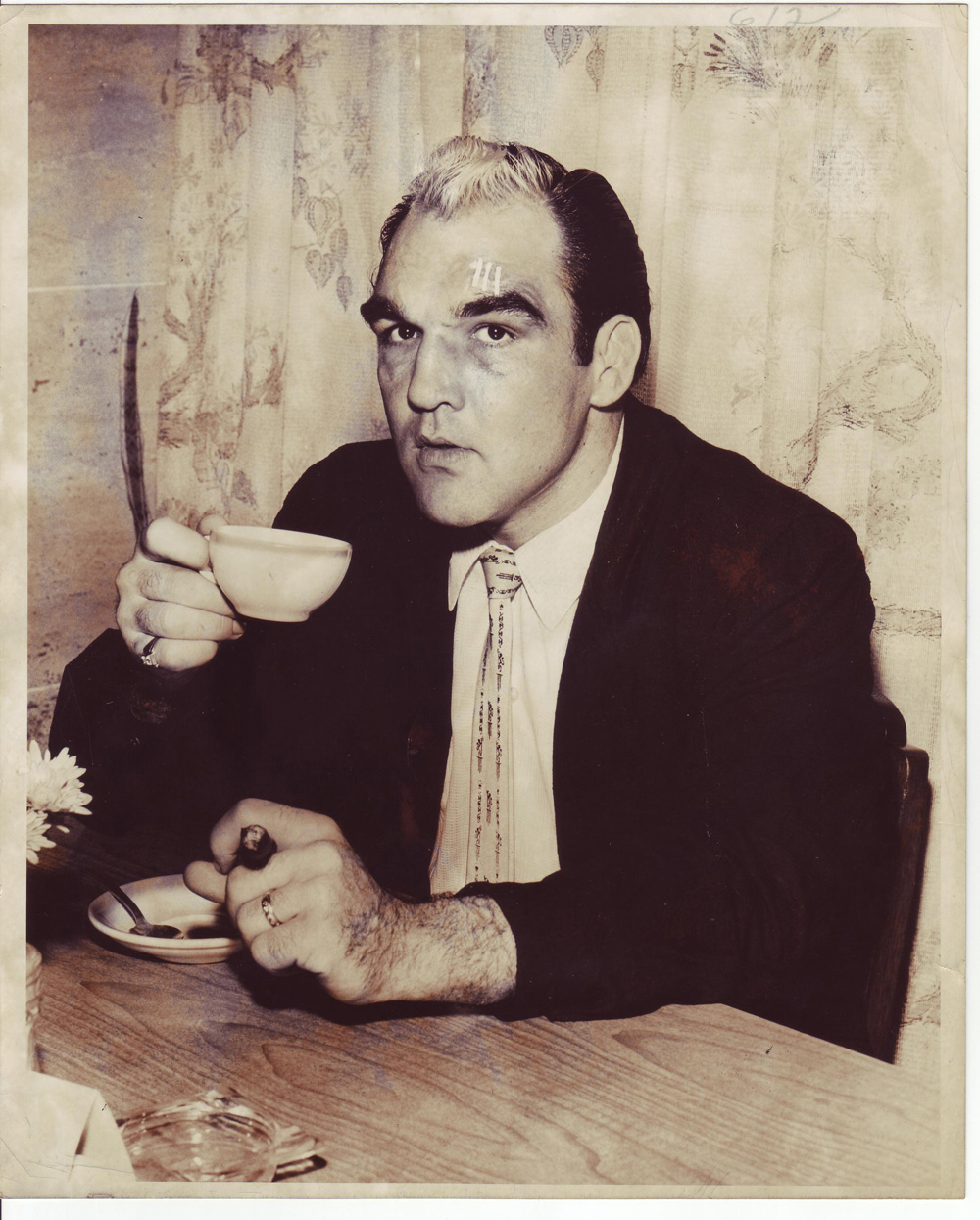
After Sputnik, the documentary moves onto the other giant personalities that emerged from that territory—including Jackie Fargo, Jerry Lawler, “The Mouth of the South” Jimmy Heart, Rocky Johnson, Billy Wicks, Bill Dundee, among others—giving viewers a convincing look at how these wrestlers revolutionized the industry storytelling-wise.
Long-time fans of wrestling won’t be surprised to find the documentary affords a substantial amount of time to Jerry “The King” Lawler’s place in Memphis wrestling history. His arrival on the scene lays the groundwork for what will be, at least, a decade’s worth of main events and championship bouts centered around him. It’s only fair the spotlight should fall so much on him. Lawler, as the documentary tries to show, was basically the Elvis Presley of wrestling, a title that catapulted him into stardom within wrestling’s ‘territories’ system.
Wrestling used to be divided into territories throughout most of the twentieth century (up to the 80s, when the WWE starts taking over), where different promotions carved their space on the map all while propping up their own superstars to become the face of their promotions.
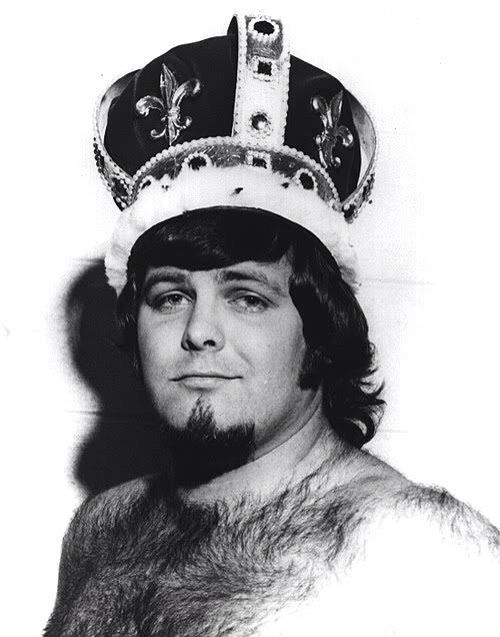
In 1970’s Memphis, Jerry Lawler basically becomes the actual king of the territory. The documentary plays with style and tone in this part of the story, presenting Lawler as the figure that put Memphis well above many of the other territories in terms of popularity and impact.
The story of Memphis wrestling is given a kind of Rock and Roll groove in the documentary, an approach that’s meant to show how the territory’s ability to shatter expectations reverberated across the industry. A lot is owed to the territory’s Saturday morning wrestling program, which focused on upcoming rivalries while introducing new storylines through promos and talk show-like interviews. The mark this left on wrestling can be felt today, especially in terms of how storylines could be developed for weeks and months in advance, gathering momentum for a big main event where feuds would get spectacularly resolved.
Perhaps one of the best examples of this comes in the form of a wild feud between Jerry Lawler and Andy Kaufman, which played out during the early 1980’s. The idea that wrestling was real (otherwise known as keyfabe) was still very much alive among fans, a thing legendary comedian Andy Kaufman took full advantage of in creating one of the most elaborate storylines in wrestling history. Fans thought the animosity between was real for years and it was only revealed as fabricated way after keyfabe had lost its luster amongst fans.
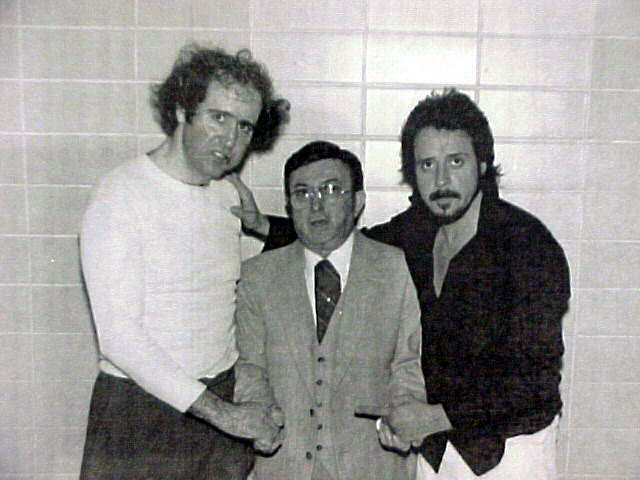
Memphis Heat presents this chapter as a watershed moment for the industry, showing just how far wrestling storytelling could go. From here, the documentary makes the natural jump into the story of Jimmy Hart, the man that somewhat continues Kaufman’s legacy and expands on it while at the same time feeding off Lawler’s presence to become a larger than life personality himself. If Jerry Lawler is Memphis Heat’s Elvis, Jimmy Hart is its Jerry Lee Lewis, a man who knew how to make his own legend by becoming one of the fastest and meanest talkers in the profession.
Viewers get a very candid and honest look into Hart’s start in wrestling, from his music career with The Gentrys to the manager role he eventually settled in. As to be expected, Hart tells his story almost as if he’s shooting a promo. The man knows how to spin a tale of this kind and it makes for easy listening, especially as he gets to the part where his path crosses with Jerry Lawler’s, which nets him the opportunity to turn Memphis wrasslin’ into his personal playground.
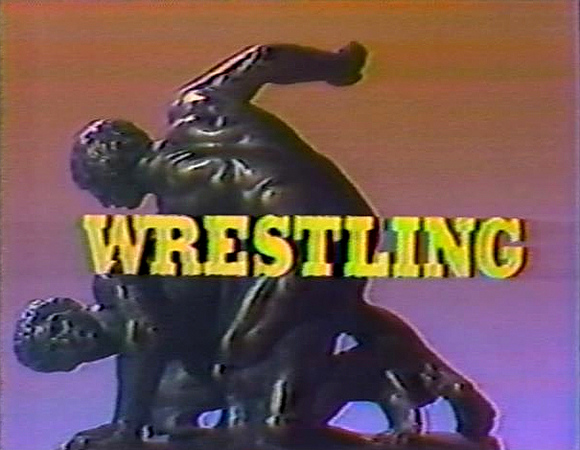
Memphis Heat is a wrestling story told with the zest of Memphis rock and roll. If there’s anything it could’ve spent a bit more time on it would’ve been Sputnik’s further brushes with racism and how big his role was in making wrestling in the region a racially integrated experience. The power behind the stories it did capture, though, is enough to make anyone want to see wrestling go back to the days where multiple wrestling promotions fought for supremacy, if only to see how any one of them could ever hope to take the crown away from Memphis.


